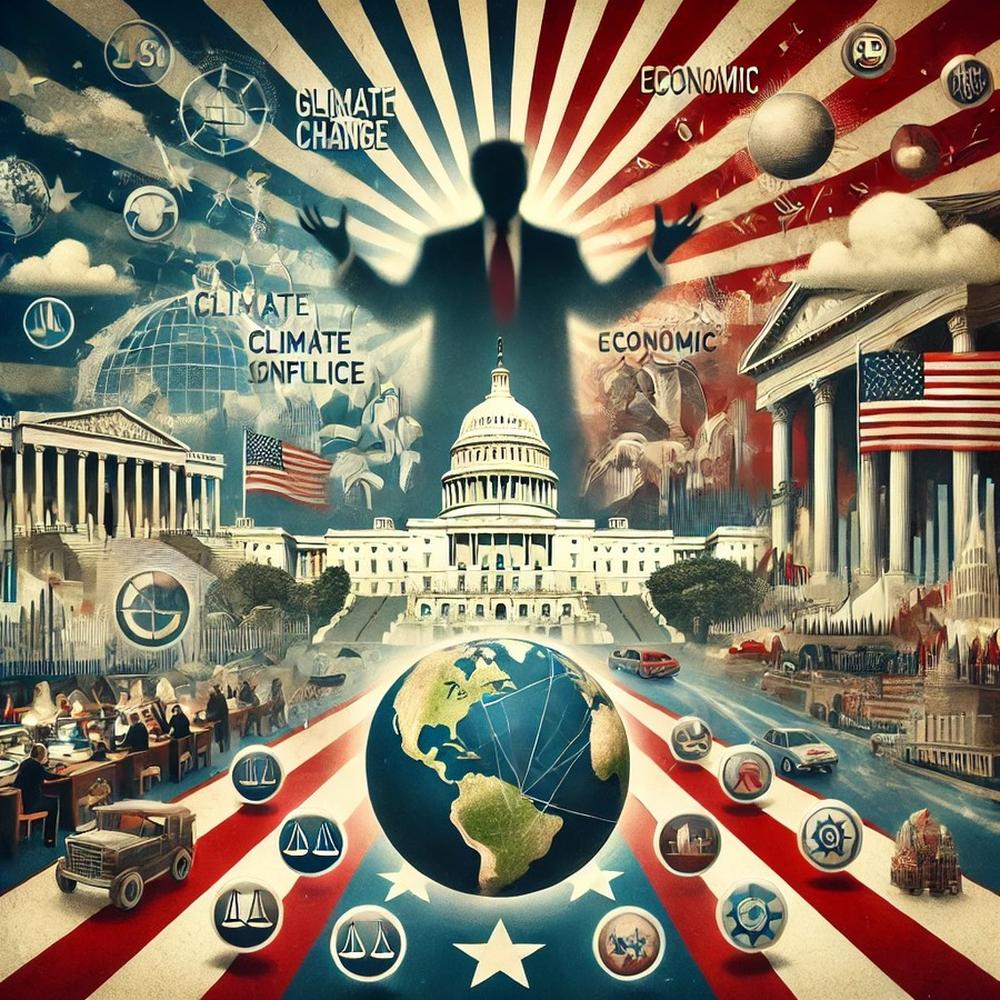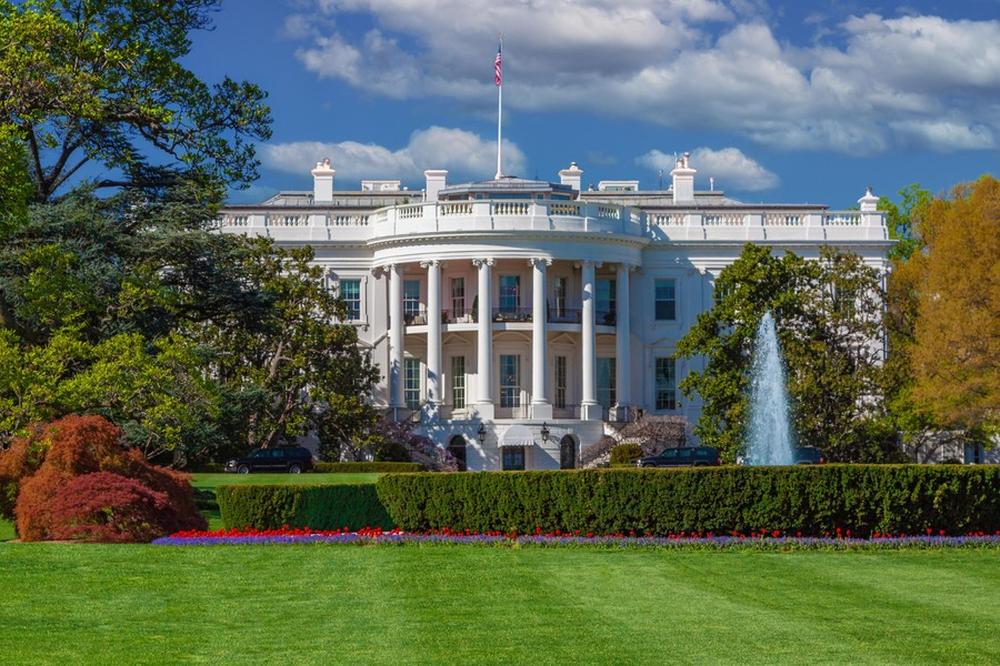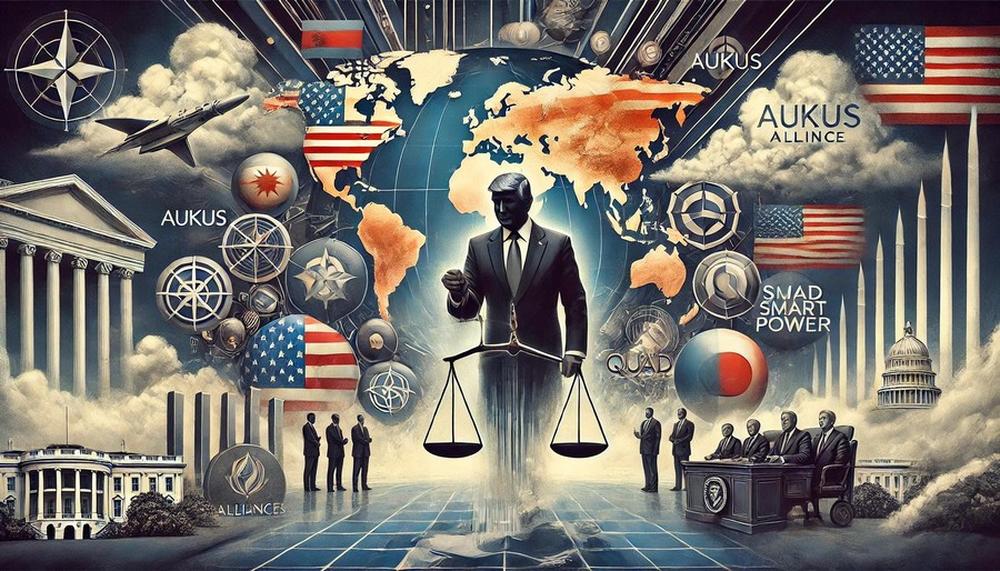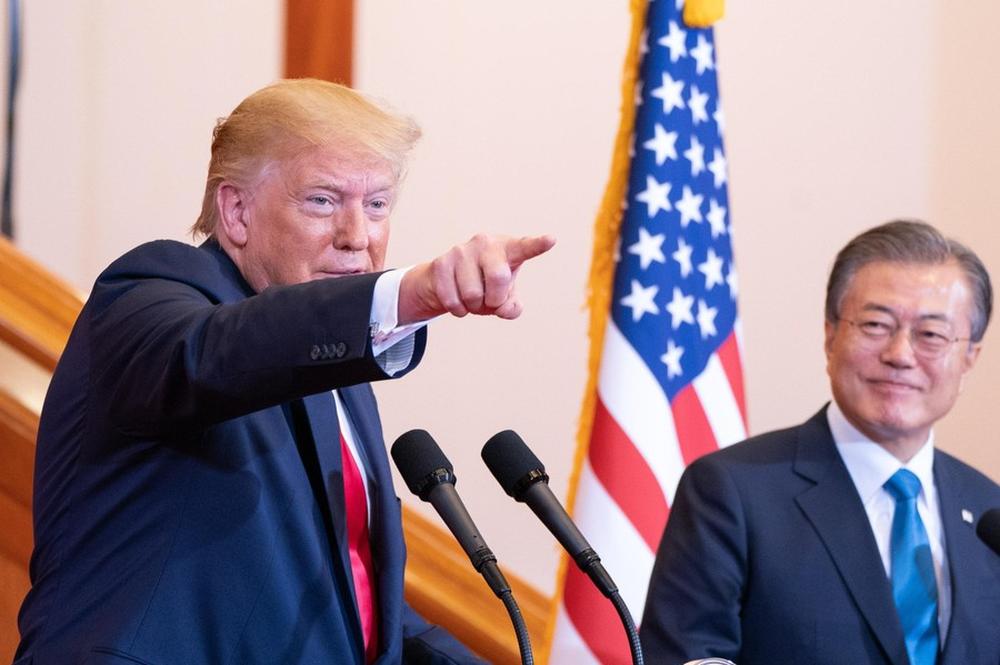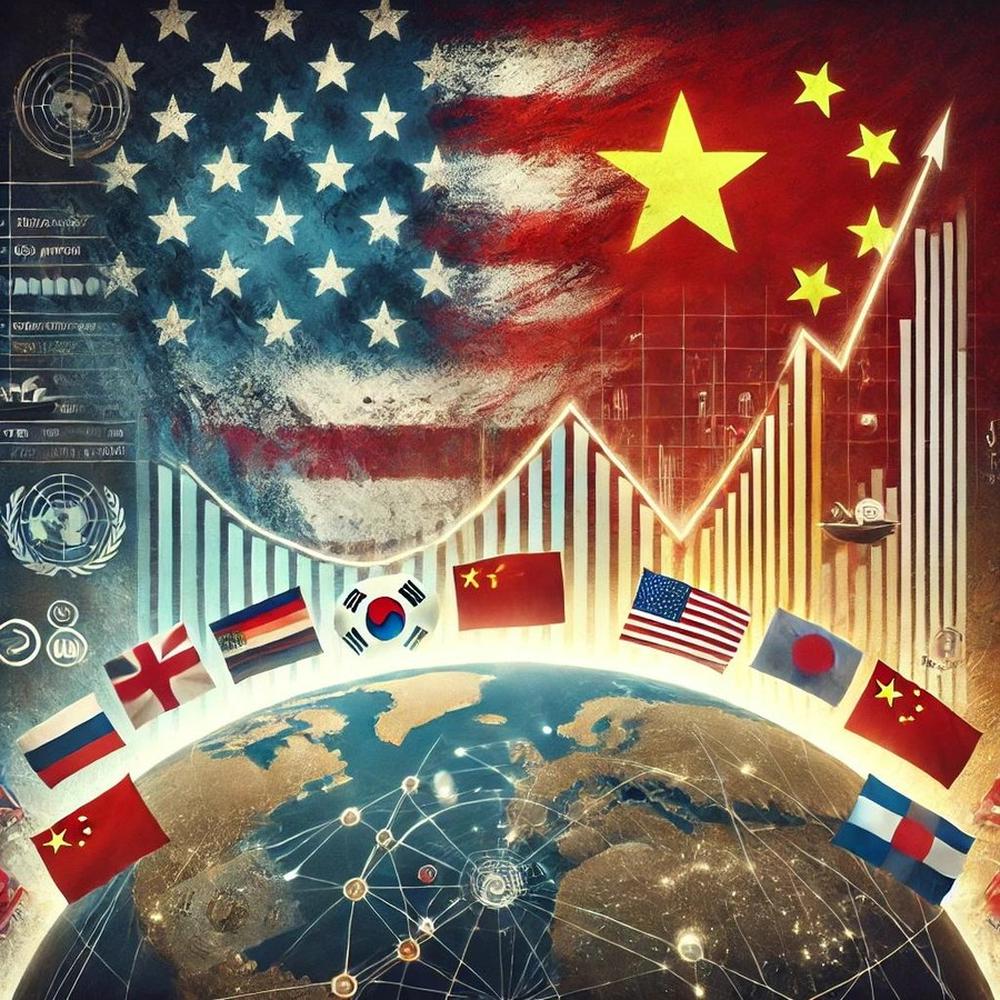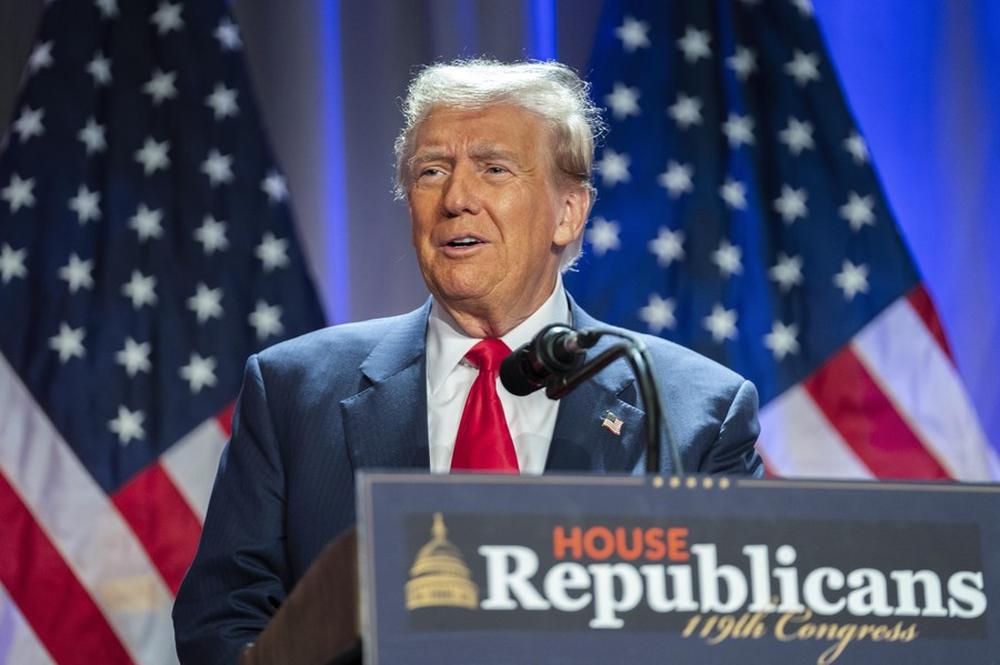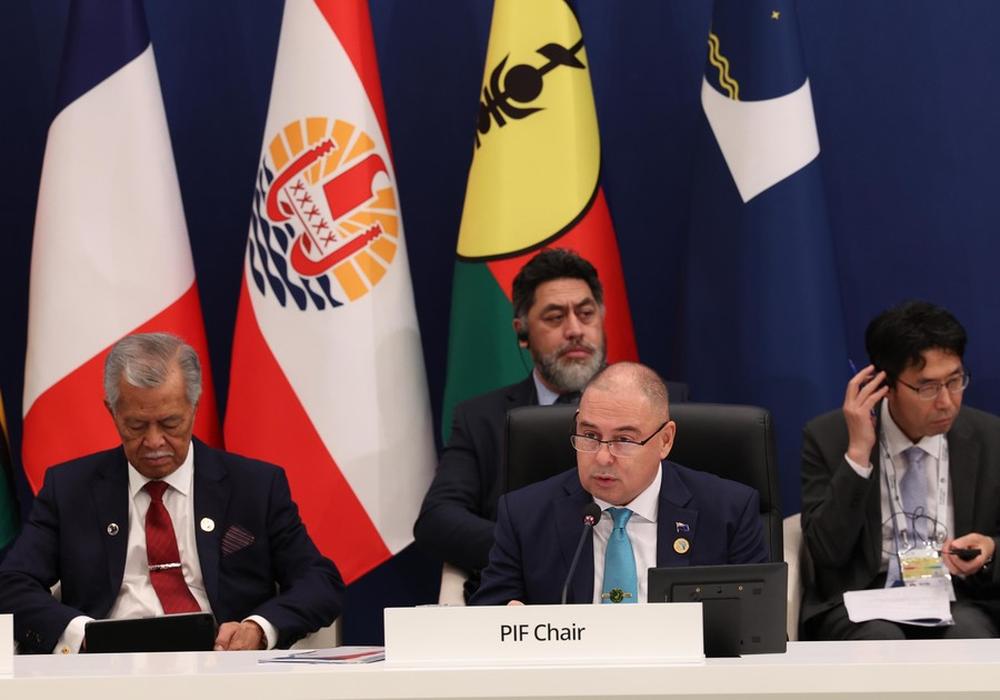- #Energy & Climate
- #Global Issues
- #US Foreign Policy

▶ Significant changes are expected in global climate governance with Donald Trump returning to the White House as President of the United States.
▶ The shift in U.S. policy may not be as dramatic in concrete terms as it seems. Instead of a wholesale reversal, it may represent more of an inaction—a continuation of policies that seek to protect American energy industries and avoid creating an uncertain environment for US businesses.
▶ The return of Donald Trump may usher in a period of U.S. climate inaction, and this could present a willing South Korean government with an opportunity to enhance its issue ownership in climate governance.
Significant changes are expected in global climate governance with Donald Trump returning to the White House as President of the United States. A crucial component of this discussion is the expected influence of figures in Trump's circle, such as Elon Musk, whose viewpoints could shape the administration's approach to climate issues.
Musk, an advocate for low-emission technologies, especially those related to electric vehicles and solar energy, has consistently spoken about the economic opportunities presented by energy transition, while opposing excessive tariffs in the sector. His stance may resonate with the Trump administration, which could be open to reducing some of the trade barriers that invite retaliatory actions, which hinder the global expansion of U.S. companies, including Tesla, in expanding markets for clean energy. On the surface, Musk’s vision seems to align with Ecological Modernization Theory (EMT), a long-standing approach to state-market-environmental relations. EMT is optimistic about transformative potentials of modern capitalism and environmental sustainability driven by market forces and technological innovation. According to the approach, governments should focus on creating an enabling environment for businesses to lead the way in sustainable practices, rather than imposing domineering, command-and-control environmental policy or providing direct financial incentives.
This perspective, however, creates a dissonance with the concept of Just Transition endorsed by the United Nations and many global leaders. The Just Transition framework entails the need for stronger governmental and inter-governmental intervention to cut emissions, complemented by comprehensive social policies to support domestic transitions and substantial climate finance to aid developing countries in moving away from fossil fuels. Proponents of the framework emphasize that climate change cannot be tackled effectively through technological innovation or market-driven solutions alone and requires addressing issues of social equity and global justice. They also contend that countries in the Global North bear a greater responsibility in financing the global shift toward sustainable energy. This includes not only reducing their own emissions but also ensuring that the costs of climate action are equitably shared, particularly with nations in the Global South. Unlike the market-driven model that Musk and others might favor, the Just Transition framework thus underscores the importance of proactive government regulations and global collective action.
Under Trump’s presidency, many expect the U.S. to withdraw from the Paris Agreement once again; some even anticipate that this withdrawal could occur faster and more decisively than before. This would mark a return to a more unilateral and less cooperative U.S. climate policy, one that prioritizes national interests over multilateral rule-based cooperation. Trump’s reported choice of Chris Wright, an oil and gas industry executive, to lead the Department of Energy reinforces this outlook. Wright, who has dismissed climate change as a crisis and criticized climate activists as alarming, is likely to share Trump’s skepticism toward global climate cooperation.
At the same time, the shift in U.S. policy may not be as dramatic in concrete terms as it seems. Instead of a wholesale reversal, it may represent more of an inaction—a continuation of policies that seek to protect American energy industries and avoid creating an uncertain environment for US businesses. Some major U.S. energy companies, already with vested interests in clean energy, may lobby for policy stability. For instance, ExxonMobil signed a deal earlier this year with the state of Texas for the largest offshore carbon dioxide storage site, and its CEO, Darren Woods, urged Trump not to withdraw from the Paris Agreement again.
For South Korea, a middle power that has been attempting to establish itself as a major actor in global climate regulation, what does this change in U.S. policy mean? From a sanguine perspective, South Korea has the opportunity to play a more active role in shaping the global climate agenda, now that the world, and especially the Indo-Pacific region, faces a prolonged absence of a legitimate leader in climate governance. South Korea may take advantage of this chance by pursuing a two-pronged strategy that combines advancing its own brand of energy transition with ongoing participation in multilateral climate governance.
On the one hand, South Korea ought to continue and expand its involvement in global climate frameworks presently led by Europe, including donor countries within the EU and their private sector partners. From a rational-institutionalist perspective, South Korea may strengthen its issue ownership by interacting with other countries through these frameworks, especially with countries in the Global South and Indo-Pacific. Many of these countries are increasingly concerned about the costs of climate adaptation and mitigation and are frustrated by the prevalence of commercial loans in climate finance. Through its involvement in various multilateral partnerships and efforts to improve them, South Korea can strengthen its diplomatic ties, solidifying its role as a trusted and forward-thinking actor in global climate governance. This would also help Korean businesses in energy transition-related sectors explore market opportunities with lower political risks.
Through these efforts, South Korea may, in the medium to long term, have the chance to advance its own energy transition vision. It can effectively place itself between the eco-socialist tenets of Just Transition, which prioritize equity and collective action, and the market-driven strategy that emphasizes efficiency, innovation, and international competitiveness. That is, South Korea might advocate for a model of energy transition that strikes a balance between maintaining government’s arm’s length policy to preserve a competitive advantage in export markets and fulfilling its responsibility to ensure more equitable access to the benefits of sustainable growth. With its track record of achieving industrial growth and technological advancement alongside democratization and the expansion of social protections over the past few decades, South Korea is well-placed to offer a pathway for energy transition that is both economically viable and globally just.
South Korea is also uniquely positioned to emerge as a neutral voice in the climate debate, advocating for solutions that balance economic opportunity with social responsibility. Unlike Japan and China, which face political challenges due to historical legacies and geopolitical tensions, South Korea has the potential to be a legitimate norm entrepreneur in the global energy transition, especially in the Indo-Pacific. Its launch of the Carbon-Free Energy (CFE) Initiative and the CFE Global Working Group could provide a nascent platform for climate diplomacy. South Korea’s role, however, currently remains under-recognized. Ranked 64th out of 67 countries in the Climate Change Performance Index (CCPI), South Korea needs both more action and greater visibility to strengthen its influence in the global climate arena. This underscores again the importance of sustained and proactive engagement with international climate frameworks to raise South Korea’s profile.
In conclusion, the return of Donald Trump may usher in a period of U.S. climate inaction, and this could present a willing South Korean government with an opportunity to enhance its issue ownership in climate governance.
Sijeong Lim is an associate professor in the Division of International Studies at Korea University. She holds a doctoral degree in Political Science from University of Washington, Seattle (2013) and worked at Stockholm University (2013-2015) and University of Amsterdam (2015-2018) before joining the faculty at Korea University. Her research examines how international and domestic politics interact to shape policy preferences and outcomes related to sustainable development in newly-industrialized and developing countries.

